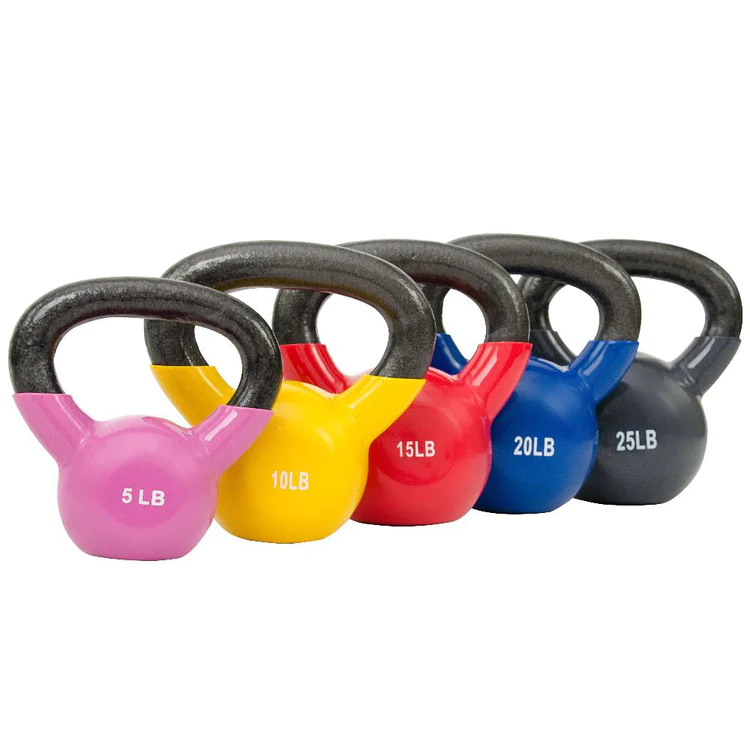Engaging in strength training plays a crucial role in sustaining overall fitness, and targeting your shoulders is a key aspect of this regimen. Amidst the multitude of exercises available, if you find yourself uncertain about the most suitable shoulder workouts, we’ve got you covered! Whether it’s fortifying your upper body, enhancing functionality, or enhancing your fitness regimen, let’s delve into some of the most effective shoulder exercises and the reasons behind incorporating them into your routine.
Which shoulder workouts rank as the most effective?
1. Shoulder Press with Dumbbells
- Position yourself on a bench with proper back support or stand in an upright posture.
- Grasp a dumbbell in each hand, positioned at shoulder level.
- Elevate the dumbbells upward until your arms are completely straightened.
- Bring the dumbbells back down to shoulder height.
- Execute three sets, each comprising 10-12 repetitions.

2. Front Raises
- Stand with feet positioned shoulder-width apart.
- Grasp a dumbbell in each hand, arms hanging by your sides.
- Lift one dumbbell in front of you until it reaches shoulder height.
- Lower it down and repeat the process with the opposite arm.
- Complete 3 sets, each comprising 10-12 repetitions for each arm.
3. Lateral Raises
- Stand with feet spaced shoulder-width apart, holding dumbbells at your sides.
- Elevate both arms to the sides until they reach shoulder level.
- Gradually lower them back down.
- Execute 3 sets, each consisting of 10-12 repetitions.
4. Rear Deltoid Flyes
- Hinge at the hips while maintaining a straight back.
- Hold a dumbbell in each hand below your chest.
- Lift your arms out to the sides until they are parallel to the floor.
- Lower the dumbbells back down.
- Perform 3 sets, each with 10-12 reps.
5. Shrugs
- Stand with feet positioned hip-width apart, holding a dumbbell in each hand.
- Elevate your shoulders toward your ears, keeping your arms straight.
- Contract at the top and lower the weights.
- Complete 3 sets, each involving 10-12 repetitions.
6. Push-Ups
- Start in a plank position with hands slightly wider than shoulder-width apart.
- Lower your body by bending your arms.
- Push back up to the initial position.
- Beginners may opt for knee push-ups.
- Aim for 3 sets, each comprising 10-12 repetitions.

Benefits of Shoulder Exercises:
1. Enhances Shoulder Strength and Stability
By fortifying the shoulder muscles, these exercises contribute to increased stability in the shoulder joint, lowering the risk of injuries.
2. Promotes Better Posture
The development of robust shoulders plays a crucial role in maintaining optimal posture, preventing issues such as rounded shoulders and associated discomfort.
3. Enhances Functional Mobility
The strength gained through shoulder exercises facilitates a broad range of motion, making everyday activities like reaching, lifting, and carrying more effortless.
4. Injury Prevention
Conditioning the shoulder muscles effectively works to diminish the likelihood of strains, rotator cuff injuries, and dislocations.
5. Boosts Sports Performance
Athletes can experience improved performance as strong shoulders prove beneficial in sports involving overhead movements and throwing.
6. Alleviates Pain
Engaging in shoulder exercises can provide relief from pain associated with conditions like rotator cuff tendinitis or frozen shoulder.

7. Enhances Upper Body Strength
The strength developed in the shoulders is crucial for a variety of upper body exercises, including bench presses and push-ups.
8. Facilitates Ease in Daily Functional Tasks
Strong shoulders contribute to the ease of performing everyday tasks such as lifting groceries or carrying bags.
9. Supports Bone Health
Engaging in weight-bearing shoulder exercises can promote optimal bone density, thereby reducing the risk of osteoporosis.
Individuals should exercise caution or avoid shoulder exercises in the following scenarios:
1. Recent Shoulder Injury
If someone has recently suffered a shoulder injury, it’s advisable to refrain from intense shoulder exercises until the injury has sufficiently healed. Pushing through may exacerbate the condition.
2. Chronic Shoulder Pain
Individuals experiencing chronic shoulder pain should consult with a healthcare professional before engaging in shoulder exercises. Certain conditions may worsen with specific movements.
3. Shoulder Impingement
Those diagnosed with shoulder impingement, a condition where the shoulder blade presses on the rotator cuff, may need to avoid exercises that exacerbate this compression.
4. Frozen Shoulder (Adhesive Capsulitis)
People with frozen shoulder may need to limit certain shoulder movements, as excessive stretching or forceful exercises can impede the recovery process.

5. Post-Surgery Recovery
Individuals who have undergone recent shoulder surgery should follow their healthcare provider’s recommendations regarding exercise and rehabilitation. Premature or inappropriate exercises may interfere with the healing process.
6. Severe Joint Instability
Those with significant shoulder joint instability may need to avoid certain exercises that place excessive stress on the joint, potentially leading to further instability.
7. Nerve Compression Issues
Conditions like thoracic outlet syndrome, where nerves are compressed between the collarbone and the first rib, may necessitate modifications or avoidance of specific shoulder exercises.
8. Existing Medical Conditions
Individuals with pre-existing medical conditions such as arthritis or certain cardiovascular issues may need to modify their shoulder exercise routine based on their healthcare provider’s guidance.
9. Pregnancy
During pregnancy, it is advisable for women to refrain from engaging in heavy lifting or strenuous shoulder exercises. This precaution is taken to prevent potential injuries, considering that the ligaments and joints may be more relaxed due to the physiological changes that occur during pregnancy. It’s essential for pregnant individuals to prioritize activities that are safe and comfortable, consulting with their healthcare provider to determine appropriate exercise guidelines tailored to their specific condition and stage of pregnancy.
Always consult with a healthcare professional or a qualified fitness expert to determine the most suitable exercise regimen based on individual health conditions and circumstances.
Considerations to bear in mind
1. Prioritize Good Posture
Individuals with suboptimal posture should address any postural concerns before embarking on shoulder exercises to mitigate the risk of injuries. It is crucial to uphold proper posture throughout the exercise routine.
2. Steer Clear of Overtraining
Overtraining the shoulders can lead to injuries. Adequate rest, quality sleep, and allowing sufficient time for recovery are essential components of maintaining overall health and preventing overuse injuries.
3. Ensure Proper Technique
Seek guidance from a fitness professional if executing shoulder exercises with the correct form proves challenging. Employing improper technique poses a risk of injury, emphasizing the importance of obtaining expert advice for optimal execution.

4. Prioritize Warm-Up
Neglecting a proper warm-up before engaging in shoulder exercises heightens the risk of injury. Establishing an effective warm-up routine is imperative for the safety and efficacy of these exercises.
5. Cultivate Consistency
Select a time that aligns with your daily schedule and adhere to it consistently to establish a regular workout routine, fostering discipline and continuity.
6. Seek Professional
Guidance For those uncertain about their exercise regimen, consulting a fitness trainer or a qualified physical therapist can offer personalized insights and recommendations tailored to individual needs and goals.
7. Tune into Your Body
Pay heed to your body’s signals. Recognize when you feel more energized and flexible, as these cues can help identify the optimal times for your shoulder exercises. Listening to your body ensures a mindful and responsive approach to your fitness routine.
Optimal Timing for Shoulder Exercises
1. Anytime of Day
Shoulder exercises can be carried out in the morning or evening, offering flexibility to align with individual preferences and schedules.
2. Post-Waking Caution
It’s advisable to avoid intense shoulder exercises right after waking up, as muscles may be stiffer during this time. Opt for a gentler routine in the morning.
3. Pre-Meal Session
Considering a workout before a meal can help prevent discomfort, as exercising on a full stomach may lead to indigestion. Timing exercises before meals can contribute to a more comfortable experience.
4. Early Evening
Steer clear of vigorous shoulder exercises late in the evening, as this may impact sleep quality. Opt for earlier evening sessions to ensure a balance between fitness goals and a restful night.





















